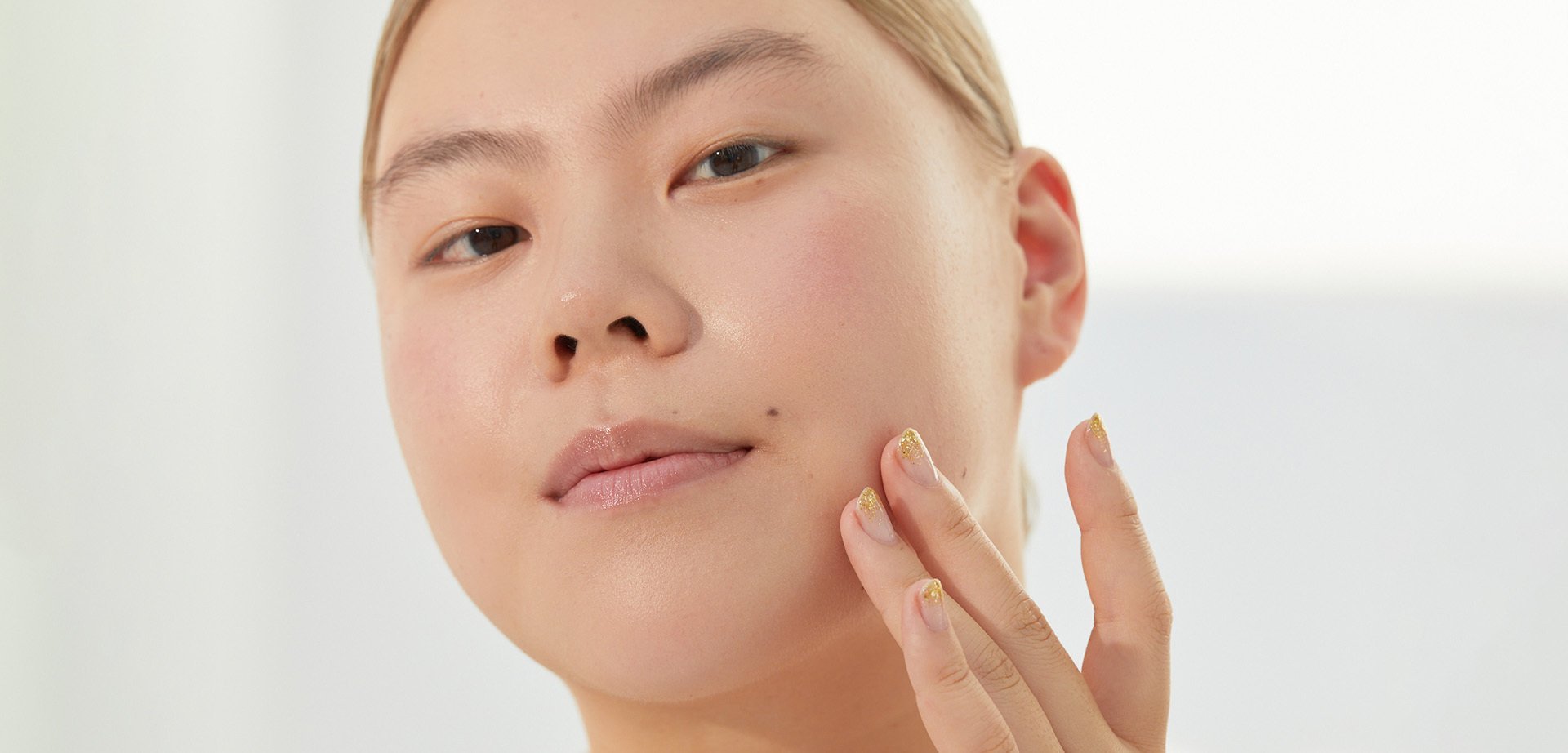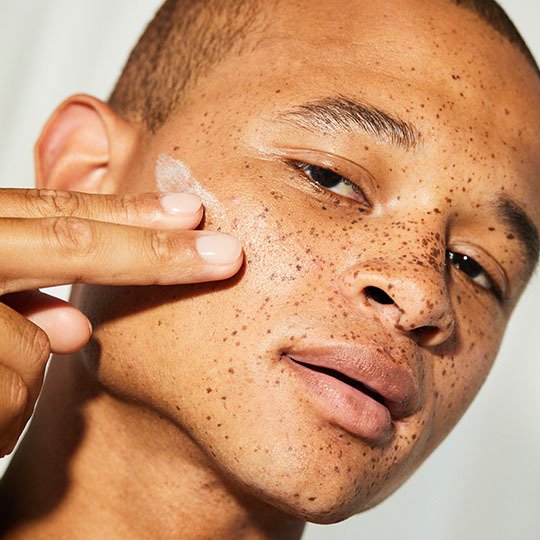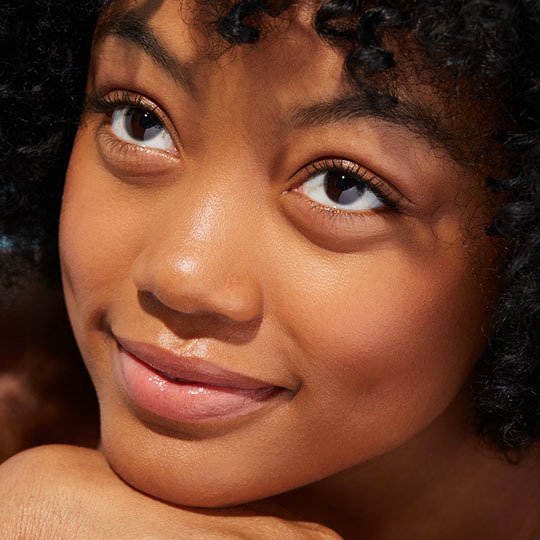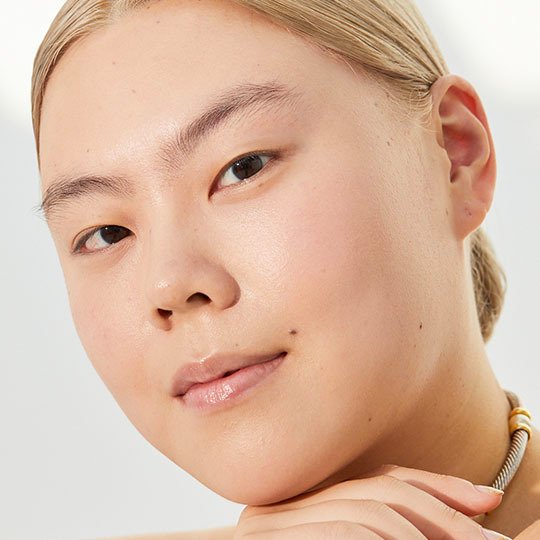HEV Light 101: How the Internet Is Affecting Your Skin
August 17, 2016
There are a lot of murmurs abounding in the beauty industry, some of which are based on solid fact, and others which are mere fabrications of the imagination. So, when word got around that HEV (High Energy Visible) light—the blue light emitted from your TV, laptop, and smartphone—read: those items we’re glued to every day—may contribute to accelerated signs of skin aging, we knew we had to ask the pros. Can being constantly online actually mess with your skin? Keep reading to find out!
“There is some research that suggests that HEV light may be harmful,” says board-certified dermatologist, and Skincare.com expert, Dr. Dendy Engelman. Gasp! For better or for worse, these devices have become a staple in our daily lives. The thought that prolonged screen time on these electronics could potentially be detrimental to our skin is…well, downright frightening.
Before you enter full-blown panic mode (or quit your 9-to-5 in front of a computer screen), consider this: research on the effects of HEV light is still developing. Experts are still trying to pinpoint the extent of this damage; until then, take these preliminary findings with a grain of salt. What you shouldn’t take lightly, however, is a daily application—and reapplication–of sunscreen. If this HEV light debacle sounds scary to you, the harmful effects of sun damage—of which we know can lead to premature skin aging and skin cancer—should feel straight out of a horror film. The sun and its UV rays are one of the biggest threats to our skin.
If you’re nervous about damage linked to HEV light, however, there are precautions you can take. “You can help protect your skin against HEV light: antioxidants and sunscreens,” says Engelman. Reach for a water-resistant, broad-spectrum sunscreen, that can offer multi-layer protection from UV rays and pair it with a topical antioxidant, like a vitamin C serum, to help protect against free radicals.




.jpg?cx=0.490000009536743&cy=0.540000021457672&cw=150&ch=120&blr=False&hash=0B0F55675A6B9FE3724F6E2EC9118A01)









.jpg?cx=0.490000009536743&cy=0.540000021457672&cw=150&ch=120&blr=False&hash=5E78490B76BBC8CC9D76D2EBDFF515E0)










